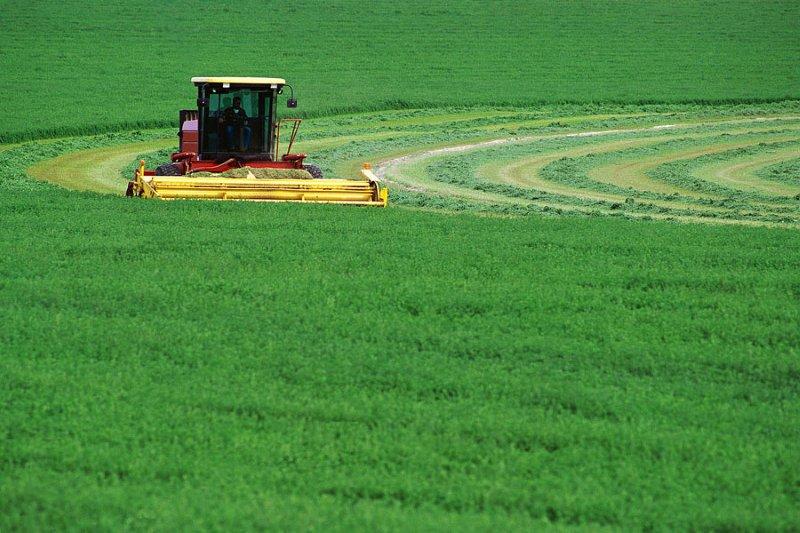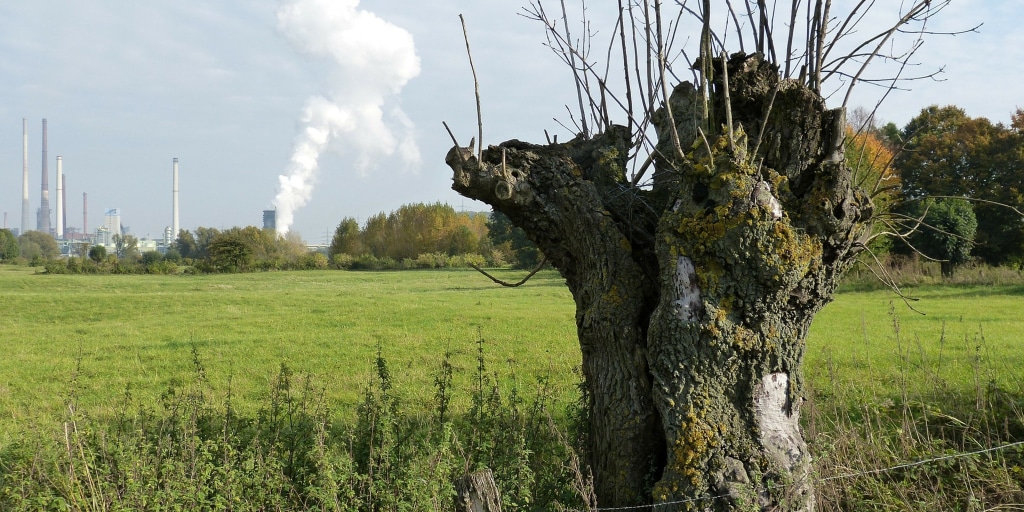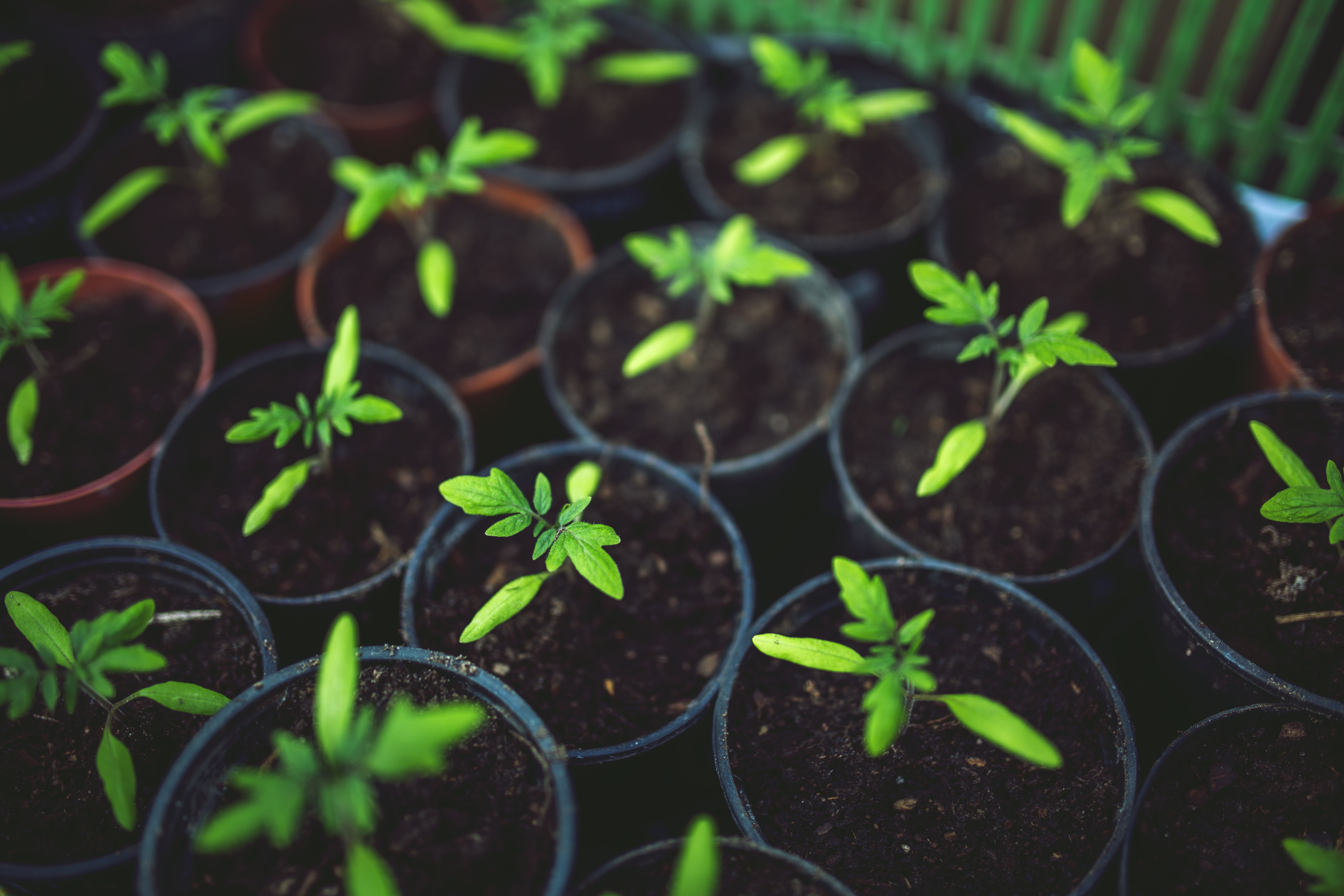
A New Generation of Real Asset Managers
Real assets require thoughtful and concerned operating managers who understand what it takes to build and keep an asset producing over the long term. They have a deep understanding of the company and the dynamic nature of managing and adapting to the environment in which they work.
I recently attended the Equilibrium Capital Forum, an amazing event where some very innovative high returning, sustainable real asset investment strategies were presented. It is inspiring to see large family offices and institutions alike looking at the category for yield, total return and an inflation hedge. While all of the strategies were based on sustainability (i.e. managing the assets for the long term), not one of the managers talked about double or triple bottom line. It was all about just smart investing in scarce and under managed resources. By doing it right, each sought higher returns overall and longevity of the asset, whether it was agriculture, land, real estate, energy, or water.environment, or the community. Yet most of the strategies discussed rarely even discussed these issues, because it was self-evident and obvious that if the manager wanted good returns then there was no other way than managing the asset properly. These managers have been managing sustainably since before the idea became mainstream.
This is the core of good stewardship and it is based on good values. Tom Steyer said it best in his keynote interview with Drummond Pike, investment decisions should be based on your values. If we only value money, then we will have perverse outcomes and short-lived returns at the expense of the underlying asset.
Farming is a great example to use for any of these models. A good farmer has to manage his land and environment for the long term; if he doesn’t, he will lose his farm. One of the fundamental problems with the modern agricultural system is that the farmer has given up his knowledge and ability to manage to the chemical and seed companies and does not think about the long-term biology of the soil and the health of the food anymore.
The postindustrial farmer takes back control and works with nature to restore and revive the health of the land and biology of the soil to grow great food. Every natural resource asset category has to think about long-term viability and health of the land and community, and if he is a good business person he can excel in his returns.
We are witnessing a new generation of real asset managers that understand what it takes to generate returns, and build long-term value because they are doing it right. This is inspiring and encouraging to see!


Well said! A great example of a new sustainable real asset manager is Sustainable Capital Lux, with their focus on renewable forestry, agriculture, and agro-forestry.